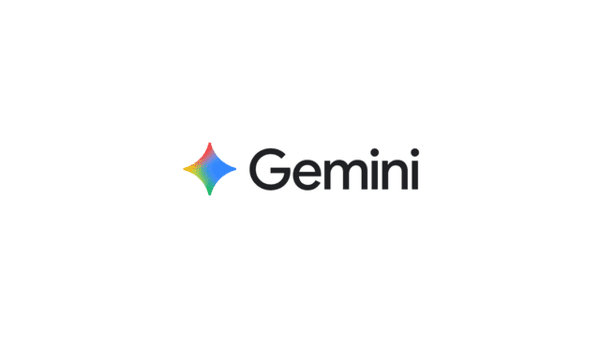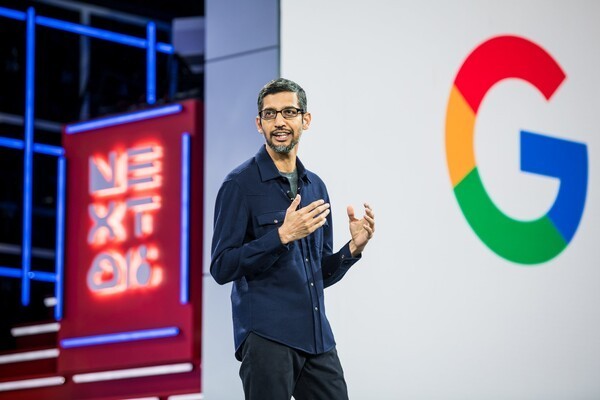Google’s next-generation AI model, Gemini 3, appears to be edging closer to release, and the global race for AI leadership is already reacting. In recent weeks, references to the model have surfaced across internal development code, employee posts, and user reports from private online communities, hinting that the company has quietly entered a closed-beta phase.
Industry analysts say the stakes are unusually high. After years of trailing behind OpenAI’s ChatGPT and Anthropic’s Claude, Google may be preparing what some insiders call a “reset moment” for the balance of power in artificial intelligence.

A Sudden Burst of Signals and an Implicit Confirmation from Google
Mentions of Gemini 3 have repeatedly appeared inside Google’s development infrastructure, a sign that the model is nearing completion. Alphabet CEO Sundar Pichai recently stated that Google would “release Gemini 3 by the end of the year,” a message widely interpreted as confirmation that the launch window is fixed.
Across platforms such as X and Discord, users now claim that Google has already begun distributing early versions of the model to a limited group of testers. Tech publication Business Insider added that Google’s internal evaluations have been “highly positive,” further boosting expectations.

A Full-Scale Reinvention of Multimodality and an Updated ‘Nano Banana’
The most anticipated shift lies in Gemini 3’s enhanced multimodal capabilities. The model is expected to process text, images, handwriting, and symbolic reasoning with improved fluency, an area where Google sees strategic advantage.
Insiders also suggest that an upgraded version of Google’s image generation system, Nano Banana, will be integrated into the new model. Together with improvements in reasoning, coding performance, and media generation, Gemini 3 is viewed as more than a routine update. Many in the industry see it as Google’s strategic attempt to reshape the AI hierarchy.
User Metrics Remain Behind, but Momentum Is Changing
Since the launch of ChatGPT in late 2022, Google has struggled to regain its leadership position. Recently, however, the company has shown signs of recovery. The Gemini mobile app has surpassed 650 million monthly active users worldwide. This figure is still below ChatGPT’s 800 million weekly active users but is growing faster than expected.
Part of the shift is driven by younger users who have embraced Google’s Nano Banana features. Another part comes from Google’s broader strategy of integrating AI across its entire product ecosystem, including Search, Android, and Workspace.
Experts caution that performance alone will not resolve Google’s challenges. The company must also rebuild brand credibility, restore user trust, and create a distinctive AI experience that sets it apart from competitors.
A November 22 Launch Appears Likely, and Prediction Markets Reflect That
On the crypto-based forecasting platform Polymarket, traders currently estimate a 69 percent probability that Gemini 3 will debut on November 22.
Pichai added momentum to the speculation when he responded to a related social media post with a thinking-face emoji. Many interpreted this as a subtle signal that the announcement is imminent.
The question is no longer whether Gemini 3 will arrive, but how transformative it will be once it does. Its performance and real-world impact could reshape the competitive landscape across the AI industry.
The market is now watching closely. It remains to be seen whether ChatGPT will continue to dominate or whether Google can reclaim the leadership position it lost nearly three years ago. Gemini 3 may determine the answer.
Tech Insiderㅣjbshin@kmjournal.net
- Musk, Bezos, Google: The Race to Build AI Data Centers in Space Has Begun
- “Even a Free Year Didn’t Work”...Google Gemini Struggles in Korea
- Google’s Third Delay in High-Precision Map Export: Korea Draws the Line Against Data Imperialism
- Google Plans to Build a “Solar-Powered Space Data Center” — Finding an AI Power Solution Beyond Earth
- Google Unveils New AI Chip “Ironwood,” Challenging NVIDIA’s Dominance
- Google Maps Data Export Puts Korea’s AI Sovereignty to the Test
- OpenAI Ranked as Silicon Valley’s Second Most Vulnerable “AI Bubble” Company as Mounting Losses Raise Concerns
- Microsoft Ignite 2025: The Age of the AI Turning Point
- Google Unveils Gemini 3 and Signals a New Phase in the AI Race
- Google Goes All In: With Gemini 3, the Search Giant Finally Takes the Gloves Off

![[동학] 카카오톡 친구탭, 결국 12월 롤백… “격자형 피드는 선택 옵션으로”](https://cdn.kmjournal.net/news/thumbnail/custom/20251126/5517_10550_1119_1763853080_120.jpg)


![[테크 칼럼] 제미나이3, GPT-5.1을 넘다…AI는 이제 ‘일을 대신하는 시대’로 간다](https://cdn.kmjournal.net/news/thumbnail/custom/20251126/5457_10454_4847_1763621329_120.jpg)



![[낭만 테크 시대] AI 대항해 시대](https://cdn.kmjournal.net/news/thumbnail/custom/20251126/5603_10714_4334_1764121414_160.jpg)

